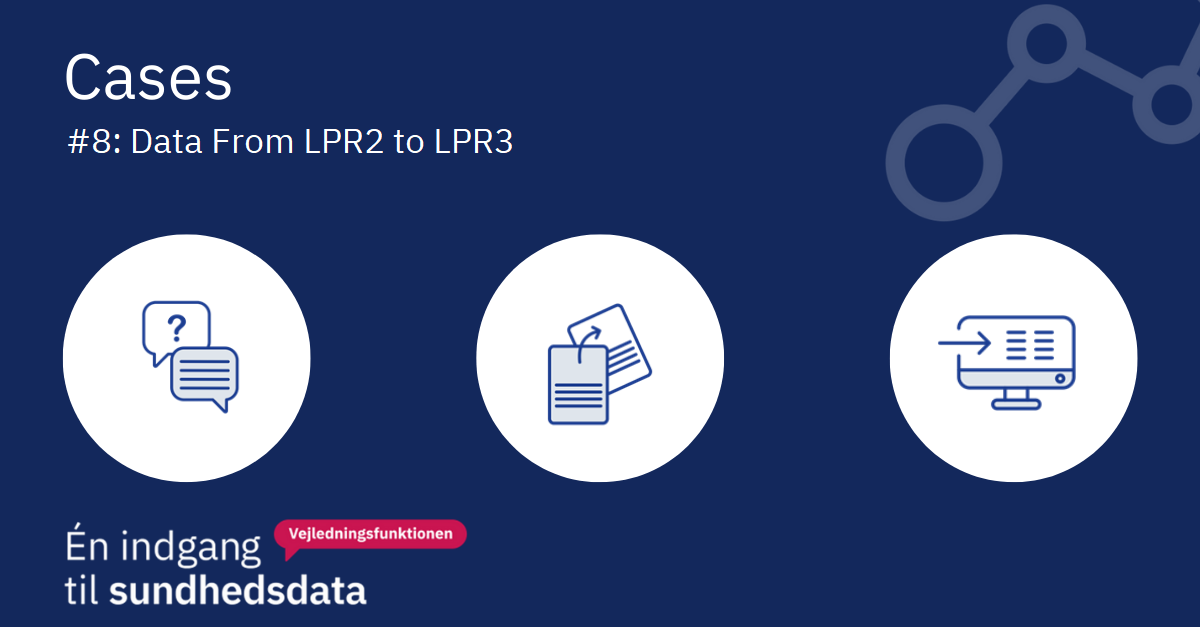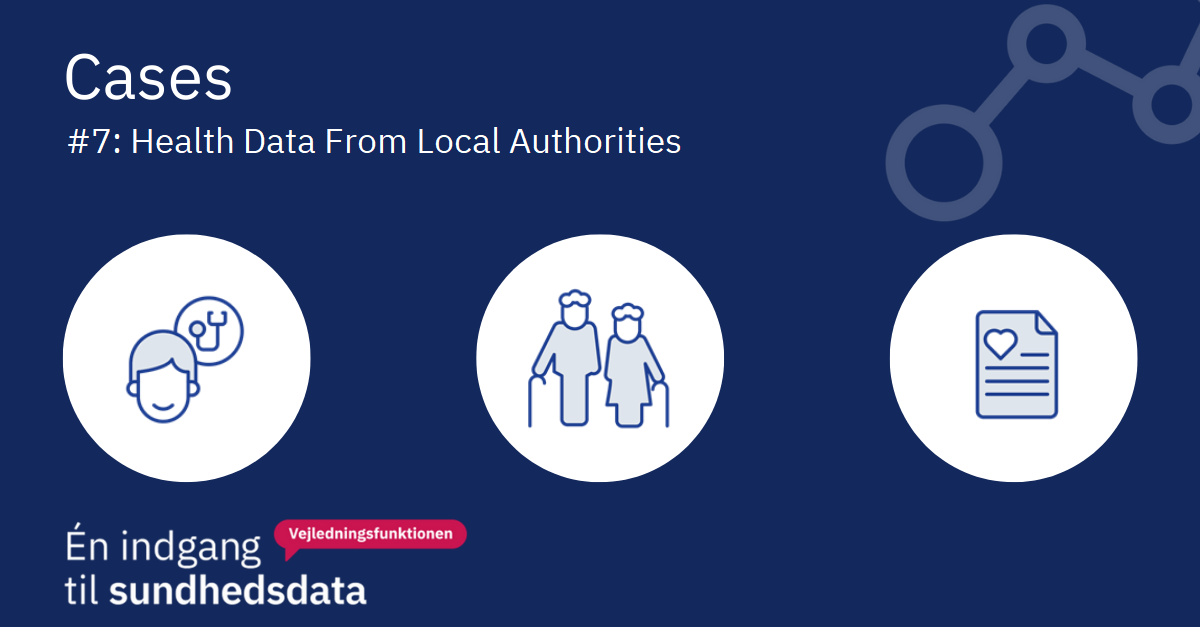
Case 8: Data From LPR2 to LPR3
Case 8: Data from LPR2 to LPR3 Cases are examples of questions and inquiries we receive in the Guidance Function, which we would like to share for inspiration. A researcher contacted the Guidance Function with an inquiry regarding the change of the National Patient Register (in Danish: Landspatientregisteret (LPR) from version 2 (LPR2) to version 3 (LPR3). The researcher wished to know more about the differences between the two versions. The Danish Health Data Agency began the change from LPR2 to LPR3 in 2019. With the new version, the National Patient Register has become a “true” contact model, as any contact between the patient and the healthcare system is now reported as a separate contact with a separate diagnosis. This differentiates from the older LPR2, where all outpatient visits in an outpatient treatment was considered and reported as one contact with one shared diagnosis. This change provides support of the clinical practices in the healthcare system that is more true to the underlying data flow. The change also provides the opportunity to differentiate parallel treatment courses, and improves the performance and analysis of routine measurements regarding treatment regiments and the national clinical guidelines. Private hospitals and clinics must now report their data in the same format and under the same requirements as public hospitals and clinics. As a user of the National Patient Register, it is important to note that data from February 2019 is a mix of the new and the old method of incident reporting. This is considered as a data breach due to the changes in the method of incident reporting, meaning that the data structure will differ from February 2019 onwards. Read more about data breach and data quality (link in Danish): https://sundhedsdatastyrelsen.dk/da/registre-og-services/om-de-nationale-sundhedsregistre/sygdomme-laegemidler-og-behandlinger/landspatientregisteret/landspatientregisteret-moderniseres. In this case, we provided the researcher with information regarding the change from LRP2 to LPR3 and forwarded the data quality reports from the Danish Health Data Agency, in which the researcher could read more about the differences and data breaches. Please feel free to contact us if you need guidance in your research project. Our services are completely free. The Guidance Function offer first-level support for Danish and international researchers in need of help to navigate the requirements and processes surrounding research projects. Call us on tel. +45 2494 7969 Monday – Thursday 09:00-16:00 Friday 09:00-15:00 Or send us an email by clicking info@vejledningsfunktionen.dk or visit our LinkedIn page.



